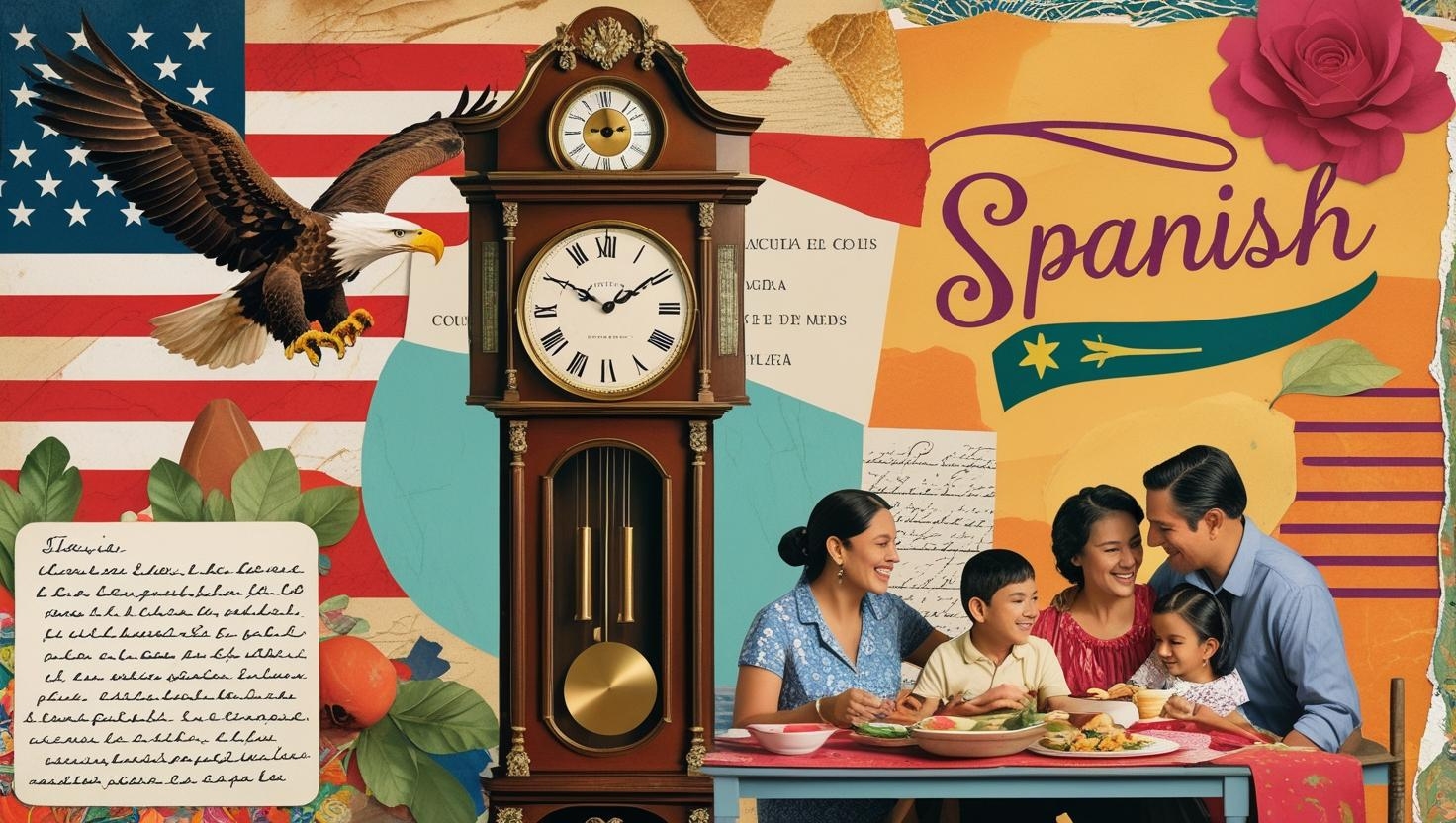For a long time, our Latinx mental health has not been duly prioritized by the U.S. healthcare system. There are plenty of reasons behind this, for example the stigma that mental health patients suffer on a daily basis. However, this issue is more serious than we know: according to the World Health Organization, there are 970 million people globally who live with a mental health disorder like anxiety and depression and this was in 2019, before the COVID-19 crisis struck.
Thankfully, we’ve come a long way. For better or for worse, the current mental health epidemic has brought this topic into the conversation. But, are we truly addressing how factors like gender, class, and race shape mental health outcomes? Do under-represented and/or marginalized people suffer mental health struggles more than others? There are different treatments directed to people who struggle with addictions, eating disorders or other specific issues. However, are there treatments that take these racial and social disparities into account? Is therapy capable of dealing with racial and discriminatory trauma as it should? Or simply put, is therapy only meant for ‘white people’?
In this article, we’ll tackle the topic of mental health in the Latinx community and its intersectional implications, and we’ll see why the current political climate makes therapy now more important than ever for Latinxs.
Debunking the Myth: Is Therapy Only for White People??
Let us start by saying that therapy is NOT a practice meant solely for white people. On the contrary: underrepresented and marginalized people might especially benefit from counseling, especially if we consider other contributing factors like gender and class. For example, according to the 2020 National Survey on Drug Use and Health, 7.7 million Hispanics in the US from age 12 onwards have struggled with mental illness at least once in their lives. However, they aren’t receiving treatment as much as their counterparts (only 35.1 percent are).
Depression is one of the most prevalent mental health disorders among Latinx youth, increasing the risk of suicide attempts. The Suicide Prevention Resource Center stated that suicide rates in Hispanics increased from 5.7 to 7.5 per 100,000 people between 2011 and 2020. There’s a link between major depressive episodes and substance use in Latinx adolescents, as well as a higher rate of suicidal thoughts in people who suffer from substance abuse.
Nowadays, we have the Trump Administration’s stance on immigration and other changes impacting the U.S. Latino community to consider. Bullying is a social practice that affects young people of all races and ethnicities but a Latino child’s anxiety might rise if, on top of that, they may fear that their undocumented parents may be deported.
Barriers to Therapy in the Latinx Community

While everyone is welcome to therapy, underrepresented and/or marginalized individuals might experience some barriers that go beyond cost. In the current political climate, they can experience challenges related to their identity, such as their undocumented status in the U.S. For example, while the 2010 Affordable Care Act (ACA) granted a lot of children of undocumented parents access to health insurance, they fear this will make them pop up on ICE’s radar and put a target on their backs. As a result, they might not be able to take their child to therapy or provide proper care for them. Besides, the ACA only offers mental health resources for immigrant mothers and fathers, so they still remain outside of the system.
According to Brown Health, other challenges Latinx usually face in getting mental health aid may include:
- Time and availability of providers in their area. Some people don’t have the means of transport to get to a healthcare center or don’t have the time to go to therapy because of long work hours. However, the pandemic has normalized video calls or other means to shorten that distance and make meetings easier.
- Language barriers or miscommunication problems between them and their therapist. Again, globalization has made this easier, because they can contact someone who’s not even living in the US, but in their homeland.
- Stigma around mental health. There are many families who don’t believe mental health is beneficial, so individuals might repress their emotions or belittle those of their children. Especially in close-knit communities, families might even try to hide their child’s problems for fear of being judged by their neighbors.
- Acculturation. There can be a big cultural barrier between immigrant parents and U.S.-born children. For example, parents may try to keep their offspring away from their heritage (like not using Spanish at home) to help them adapt to American culture, but this might cause confusion or frustration. There are also some cultural challenges for immigrants regarding social interactions, morals, and other nuances that might make them feel left out or isolated. especially if they don’t live in an area with other Latinxs close by.
Why Therapy Is More Important than Ever for Latinx Mental Health
In today’s social and political climate, therapy has become a crucial tool for marginalized communities to heal, especially for Latinxs. The combined weight of systemic oppression, racial and discriminatory trauma, and the mental health crisis exacerbated by the COVID-19 pandemic has shown us just how urgent access to mental health care is. We have to take into account the economic hardship and cultural stigma Latinxs face if we want to make real change through therapists who actually make them feel heard, who can relate to their struggles, and who can create a safe space, un espacio seguro.
All in all, we must normalize therapy for our Latinx community because it can help the entire community heal and provide the strength to fight for dignity in the U.S., but for other marginalized groups around the world.
Resources & Bilingual Support: Where to Find Help Now

If you are struggling with mental illness or have experienced suicidal thoughts/behaviors, here’s a list of different websites that can connect you with healthcare professionals:
Mental Health Hotlines
- National Suicide Prevention Lifeline – Call 800-273-8255 or Chat with Lifeline
- Crisis Textline – Text TALK to 741741
- Mental Health America – Call or text 988 or chat 988lifeline.org
- Find a Helpline
Latinx Mental Health Resources
- Substance Abuse and Mental Health Services Administration (SAMHSA)
- Centers for Medicare & Medicaid Services (CMS)
- American Psychological Association
- Healing Voices Project
- Latinx Therapy
- Latinx Psychotherapy
- Therapy for Latinx
- Thrive at Irimiya
- Paloma Therapy
- OpciónYo
Resumen en español
Este artículo explora la importancia de la salud mental dentro de la comunidad Latinx en Estados Unidos y destaca cómo el acceso a la terapia sigue siendo limitado por barreras culturales, económicas, lingüísticas y legales. Aunque el estigma en torno a la salud mental está disminuyendo, aún existen desafíos específicos para los Latinxs, como el racismo, la pobreza, el trauma migratorio y la discriminación sistémica. Existe una necesidad urgente de terapias culturalmente competentes y accesibles, por lo que facilitamos una lista de recursos de salud mental bilingües para la comunidad.






